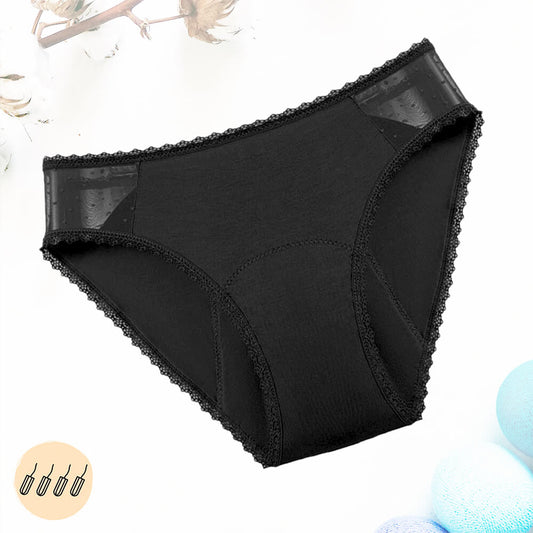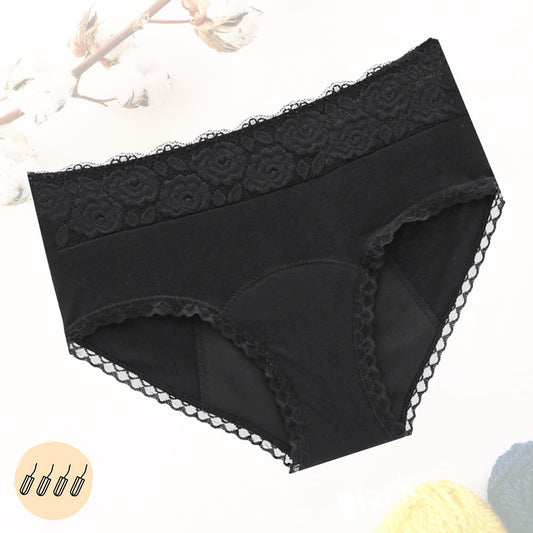
Periods can sometimes be seen as an obstacle to the fulfilling sex life of some women. Although it is important to deconstruct the taboos surrounding sexuality during menstruation, it's also understandable that some people want to delay or temporarily stop their periods for a variety of reasons. In this article, we'll explore the different options available for delaying or stopping periods, as well as precautions and considerations to take into account before making a decision.
Disclaimer
Please note that the information provided in this article is intended for educational and informational purposes only. It should not be considered medical advice or used to diagnose, treat or prevent health problems. It is always recommended to consult a doctor or gynecologist before making any decisions regarding your cycle.Understanding the menstrual cycle and the options available
Before considering stopping, delaying or even trigger your period for personal or sexual reasons, it is essential to understand how menstrual cycles work and the methods available to temporarily change these cycles. Menstrual cycles are regulated by a complex set of hormones and physiological processes, which prepare the body for possible pregnancy. There are several methods to influence these processes, but it is crucial to remember that each individual is unique and what works for one person may not work for another.Hormonal methods to delay or stop periods
-
The combined contraceptive pill
-
The hormonal intrauterine device (IUD)
-
The contraceptive injection
Medicines to delay periods
-
Norethisterone
Precautions and considerations to take into account
Before deciding to stop or delay your period, it is essential to consider several important factors. First of all, it is crucial to fully understand the implications and possible consequences on your body and your health. Then, think about the personal reasons behind this decision and make sure it is an informed and considered choice. Finally, do not hesitate to consult a healthcare professional to discuss the different options available, their advantages and disadvantages, and to determine the method best suited to your situation and your specific needs.Alternatives for a fulfilling sex life during your period
Instead of trying to stop or delay periods, it is possible to explore other options to fully experience your sexuality during this period:-
The exploration of sexuality beyond penetration
-
Precautions and preventive measures




